From Nairobi’s Donholm to Libyan Prisons: The Magafe Gang’s Migrant Trap

A Somali man who left Kenya in May 2025 in search of better opportunities is now being held by traffickers in Libya, where his captors are demanding a ransom of KSh2 million from his family.
The Magafe Network and East Africa’s Trafficking Route
Khalid Mohamed, a long-time resident of Nairobi’s Central Business District, was aiming to reach Europe when he fell into the hands of a transnational smuggling syndicate. His journey followed a route increasingly used by East African migrants, moving from refugee camps in Kenya through Uganda and South Sudan and eventually into Libya.
At the centre of this trafficking route is the Magafe, a criminal network that has operated since 2017, targeting vulnerable migrants with false promises of safe travel. The network begins recruitment in places like Dadaab refugee camp and Nairobi’s Eastleigh neighbourhood, where local brokers arrange the early stages of the journey.
According to Enact, a continental organisation monitoring organised crime, migrants are moved across borders in concealed trucks and handed off between different smuggling groups. Border crossings are often secured through bribes, and migrants are exposed to harsh and dangerous conditions throughout the route. By the time they reach Libya, many are no longer migrants in transit but captives held in makeshift prisons run by militias or trafficking gangs.
Ransom Calls and Family Struggles
Several weeks after Khalid’s departure, his younger brother Yahye Imran received a call from an unknown number via the IMO messaging app. The voice on the line was Khalid’s, weak and distressed.
“He was crying,” Yahye said. “He said he was being kept in a warehouse with others. They were beating him, starving him. He begged us to help.”
Since then, the family has received repeated calls from the same Libyan number. Sometimes Khalid speaks, describing worsening conditions. At other times, the traffickers themselves issue threats and demand payment. The family, who live in Baidoa, Somalia, say the ransom amount is beyond anything they can afford.
Libya’s Role in the Crisis
Libya remains a key transit point for migrants attempting to reach Europe, but it has also become a hub for human trafficking. Since the fall of Muammar Gaddafi in 2011, the country has seen years of conflict and political instability, creating conditions in which smuggling networks have flourished.
A 2023 report by Human Rights Watch described detention centres across Libya as overcrowded and abusive. Migrants are subjected to forced labour, sexual violence, and starvation. Some are sold between armed groups or kept in captivity for months or years.
Libyan law criminalises certain forms of trafficking, including slavery and sex trafficking, but lacks broader protections, especially for male victims or those trafficked for labour. The existing legal definitions also fall short of international standards, making it difficult to prosecute traffickers effectively. Weak governance, widespread corruption, and limited law enforcement further complicate efforts to address the crisis.
Private Rescue Efforts
While many families are unable to pay ransoms or secure help, some have attempted direct intervention. Abdisalan Aden Mohamed, another Somali migrant, was imprisoned in Libya under similar circumstances. His uncle, Abshir Aden Ferro, a former French military officer, travelled to Libya himself after learning of Abdisalan’s situation.
“There weren’t just a few people, there were hundreds, all trapped in these cells,” Mr Ferro said.
What began as a personal mission has since expanded. So far, he has helped facilitate the release of over 400 Somali migrants. However, the scale of the problem remains severe. The International Organisation for Migration (IOM) estimates that around 700,000 migrants are stranded in Libya. Many are detained by militias or criminal groups, while others have disappeared without a trace.
The Need for Regional and International Response
United Nations agencies, including the UNHCR, continue to call for stronger action to dismantle smuggling networks and create safer migration routes. They emphasise the need for cooperation between affected countries and the international community.
In East Africa, authorities face mounting pressure to address internal corruption and border security. Smuggling operations often rely on officials who accept bribes or turn a blind eye to illegal movement.


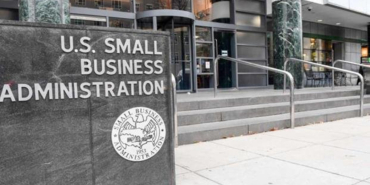
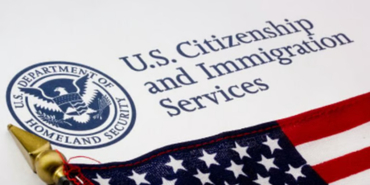
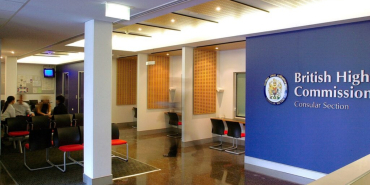
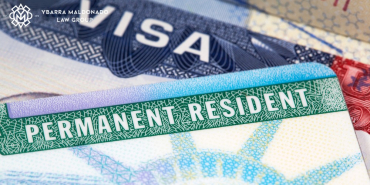

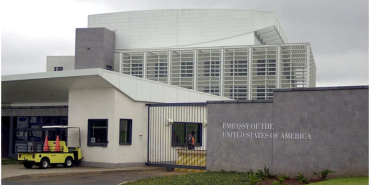

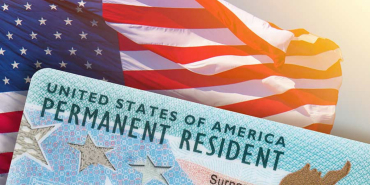




Add new comment